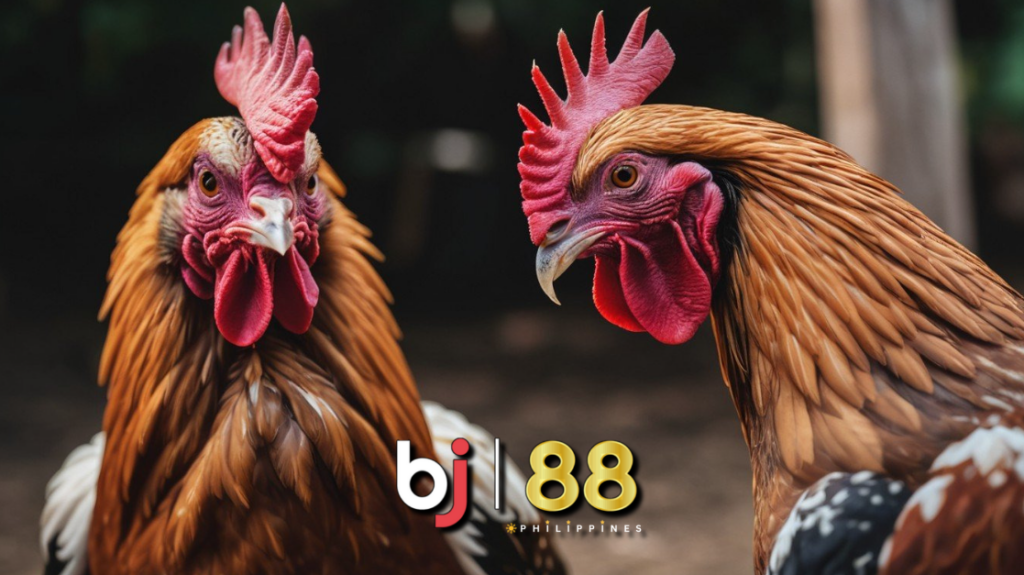In the electrifying world of Sabong, where roosters clash and spectators cheer, one of the most intriguing aspects is the determination of a rooster’s status—whether it is “llamado” or “dejado.” But what exactly goes into determining a rooster’s status, and why is it so crucial in the realm of cockfighting? Join us as we unravel the mysteries of this practice and explore its significance in the exhilarating world of Sabong.

Sabong, the traditional Filipino sport of cockfighting, is a cultural phenomenon with a rich history and a devoted following. Central to the excitement of Sabong matches is the determination of a rooster’s status, which can have a significant impact on betting and match dynamics. Understanding how a rooster’s status is determined is essential to appreciating the complexities of Sabong and the strategies employed by breeders and handlers.
In this article, we delve into the practice of determining a rooster’s status in Sabong, shedding light on the factors involved and the implications for participants and spectators. From the assessment of physical traits to the analysis of performance and lineage, we’ll uncover the methods used to determine a rooster’s status and the role it plays in shaping the outcome of Sabong matches.
THE PROCESS OF DETERMINING A ROOSTER’S STATUS
Determining a rooster’s status in Sabong is a multi-faceted process that involves careful observation, analysis, and judgment by experienced breeders, handlers, and enthusiasts. Several key factors are considered in this assessment, including:
PHYSICAL TRAITS: Breeders and handlers evaluate a rooster’s physical characteristics, such as size, weight, color, and conformation, to assess its potential as a fighter. Certain traits, such as a strong build, well-developed muscles, and a fierce demeanor, may indicate that a rooster is “llamado” or favored to win in a match.
PERFORMANCE HISTORY: A rooster’s past performance in Sabong matches is also taken into account when determining its status. Roosters with a track record of victories or impressive displays of skill and aggression may be considered “llamado,” while those with a history of losses or lackluster performances may be deemed “dejado.”
LINEAGE AND PEDIGREE: The lineage and pedigree of a rooster can provide valuable insight into its genetic potential as a fighter. Roosters from prestigious bloodlines or with renowned ancestors may be given a higher status based on the reputation and success of their lineage.
THE IMPACT OF A ROOSTER’S STATUS IN SABONG
The status of a rooster in Sabong can have significant implications for betting, match dynamics, and overall excitement. A rooster designated as “llamado” is typically favored to win in a match, leading to higher betting odds and increased anticipation among spectators. Conversely, a rooster labeled as “dejado” may be perceived as an underdog, with lower betting odds but the potential for an upset victory.
The status of a rooster can also influence the strategies employed by breeders, handlers, and bettors. A “llamado” rooster may receive more intensive training and preparation leading up to a match, while a “dejado” rooster may be underestimated by its opponents, creating opportunities for strategic maneuvers and surprises in the arena.
Overall, the determination of a rooster’s status adds an extra layer of excitement and intrigue to Sabong matches, keeping spectators on the edge of their seats as they watch the drama unfold in the arena.
CONCLUSION:
The practice of determining a rooster’s status in Sabong is a fascinating aspect of the sport that reflects the skill, expertise, and intuition of breeders, handlers, and enthusiasts. By understanding the factors involved in this assessment and the impact it has on betting and match dynamics, we gain insight into the complexities of Sabong and the strategies employed by participants to achieve success in the arena.
As Sabong continues to evolve and adapt to changing times, the practice of determining a rooster’s status will remain a central aspect of the sport, adding excitement and suspense to matches and keeping fans captivated by the timeless tradition of cockfighting.
